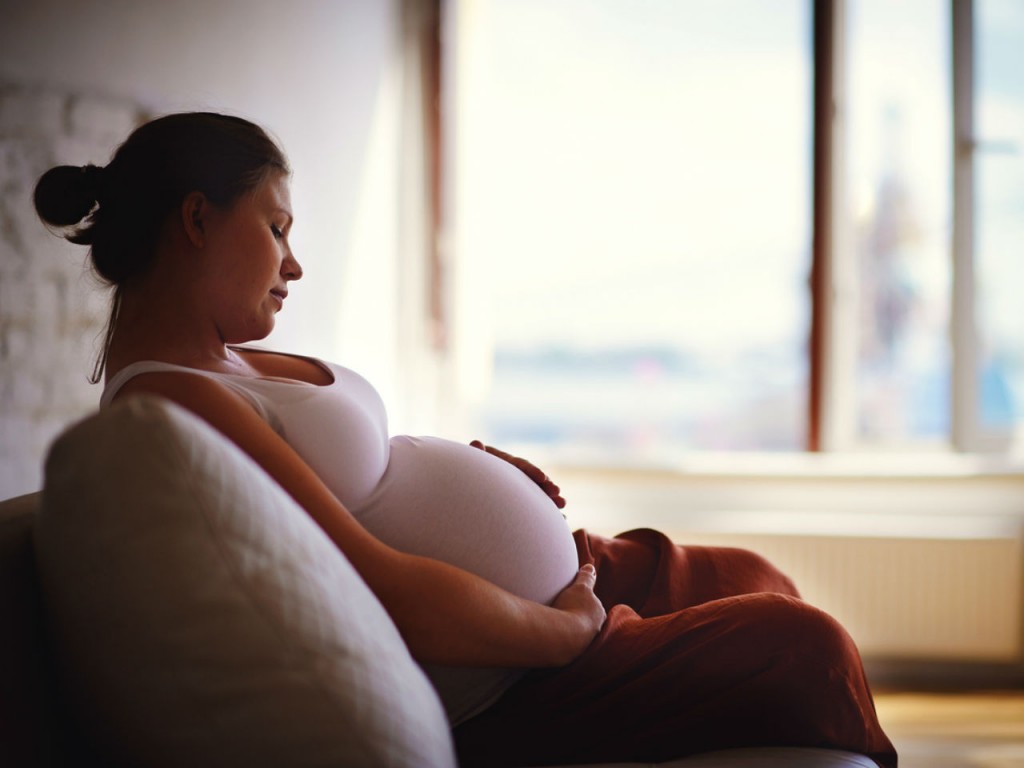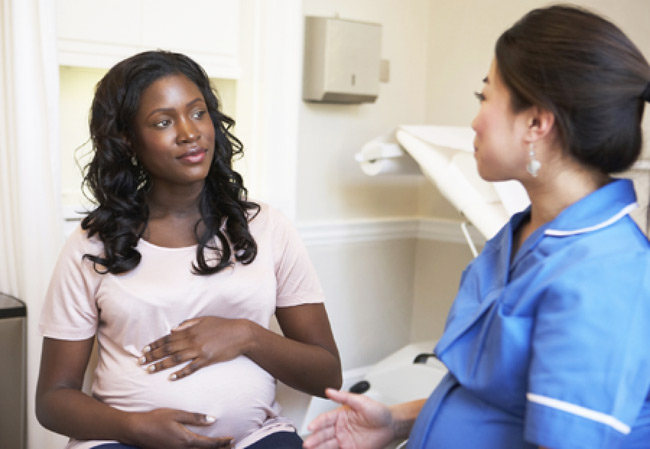
A new study shows that pregnancy may actually reduce their PTSD symptoms. Or at the least, it won’t cause a flare-up.
Exposure to a traumatic event, such as sexual assault, warfare, traffic collisions, or other threats on a person’s life can possibly lead to PTSD. Symptoms may include disturbing thoughts, feelings, or dreams related to the events, mental or physical distress to trauma-related cues, attempts to avoid trauma-related cues, alterations in how a person thinks and feels, and increased arousal.
PTSD will occur in approximately 10% of women in their lifetime, with one-third of episodes lasting more than five years.
Understanding posttraumatic stress disorder (PTSD) during pregnancy is important as every woman is bound to desire pregnancy a some stage in her life. Given the relatively high prevalence of PTSD in young women and the chronic nature of the illness, many women may experience PTSD symptoms during pregnancy. PTSD is diagnosed when an individual has persistent symptoms related to a traumatic event, including re-experiencing the event (for example in the form of flashbacks or nightmares), avoiding feelings, people or places associated with the traumatic event, and having hyperarousal, or a high general level of anxiety, that can result in symptoms such as insomnia, startling easily, or irritability and outbursts of anger.

Studies have suggested that rates of PTSD are higher in pregnant women than in non-pregnant women. Some researchers have hypothesized that the unique psychological and physical aspects of pregnancy may exacerbate symptoms of PTSD. For women who have PTSD related to childhood abuse, for example, the process of preparing to become a parent can carry complex feelings and may worsen anxiety. Additionally, physical changes during pregnancy or routine prenatal care could trigger symptoms in women with a history of sexual abuse. In addition, women may stop psychotropic medications used to treat PTSD during pregnancy, thus increasing the likelihood of an increase in symptomatology.
Women at greater risk for PTSD stand a risk for postpartum depression and tend to have a fear of childbirth and high anxiety in early pregnancy (also a predictor of postpartum depression). So, what can a woman do.
- Be aware. Know the signs of postpartum depression and the difference between postpartum depression and the “baby blues.” According to the Mayo Clinic, signs of the two can be similar. Symptoms of both include loss of appetite, fatigue, trouble sleeping, mood swings, irritability, crying and decreased concentration.
- Know the symptoms of acute stress disorder and PTSD. Symptoms of acute stress disorder and PTSD include:
- Exposure to a traumatic event
- distressing memories about the event
- nightmares
- flashbacks
- psychological distress
- negative mood
- altered sense of reality
- inability to remember important aspects of the event
- attempting to avoid symptoms and reminders of the event
- problems with concentration
- sleep disturbance and
- hypervigilance.
The difference between the two is that acute stress disorder occurs three days up to one month after the event. It becomes PTSD when it lasts more than a month.

- Get professional help. A good place to start is with the physician. OB/GYNs are becoming more educated and informed about postpartum mental health issues. They can make referrals to appropriate professionals such as psychiatrists and therapists.
- As a loved one, make sure you are getting your own support. Depression and trauma are extremely difficult and taxing. They also can cause stress in loved ones. Talking about this experience can lessen the stress and help a person to feel more supported, which will help them to be more available to the mother.
- Make sure you have adequate support network. Sleep deprivation and stress can aggravate PTSD symptoms. Ensuring that you are getting regular breaks and support can make a significant difference in your functioning and recovery. This means it is extremely important for your well-being and the well-being of your child to ask others for help and to accept their help.
- Stay healthy and fit. Eat healthy foods, get plenty of sleep and exercise (with your provider’s OK). Exercise (both, cardio and yoga) can help reduce stress and also helps prevent common pregnancy discomforts.
Disclaimer
The Content is not intended to be a substitute for professional medical advice, diagnosis, or treatment. Always seek the advice of your physician or other qualified health provider with any questions you may have regarding a medical condition.



